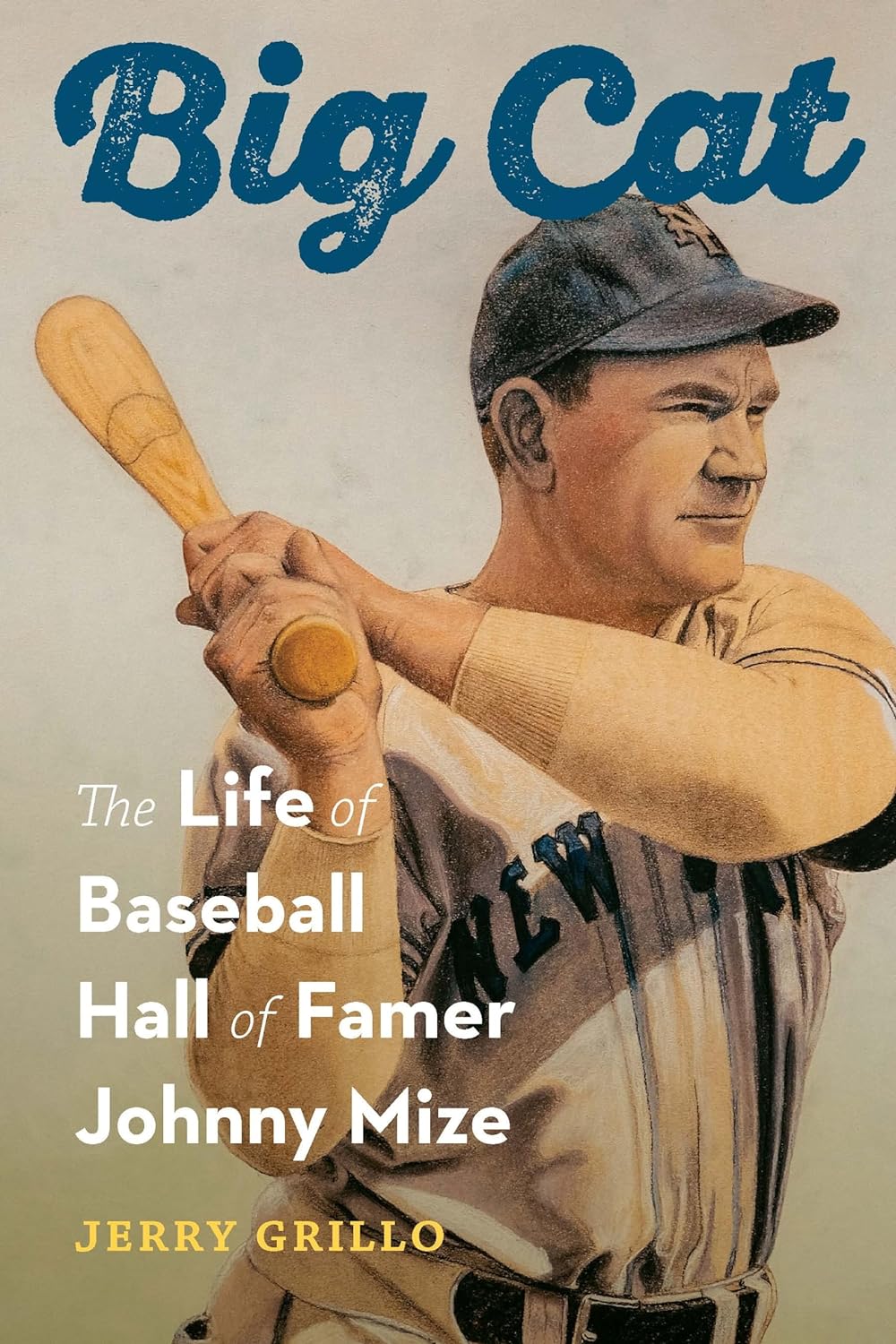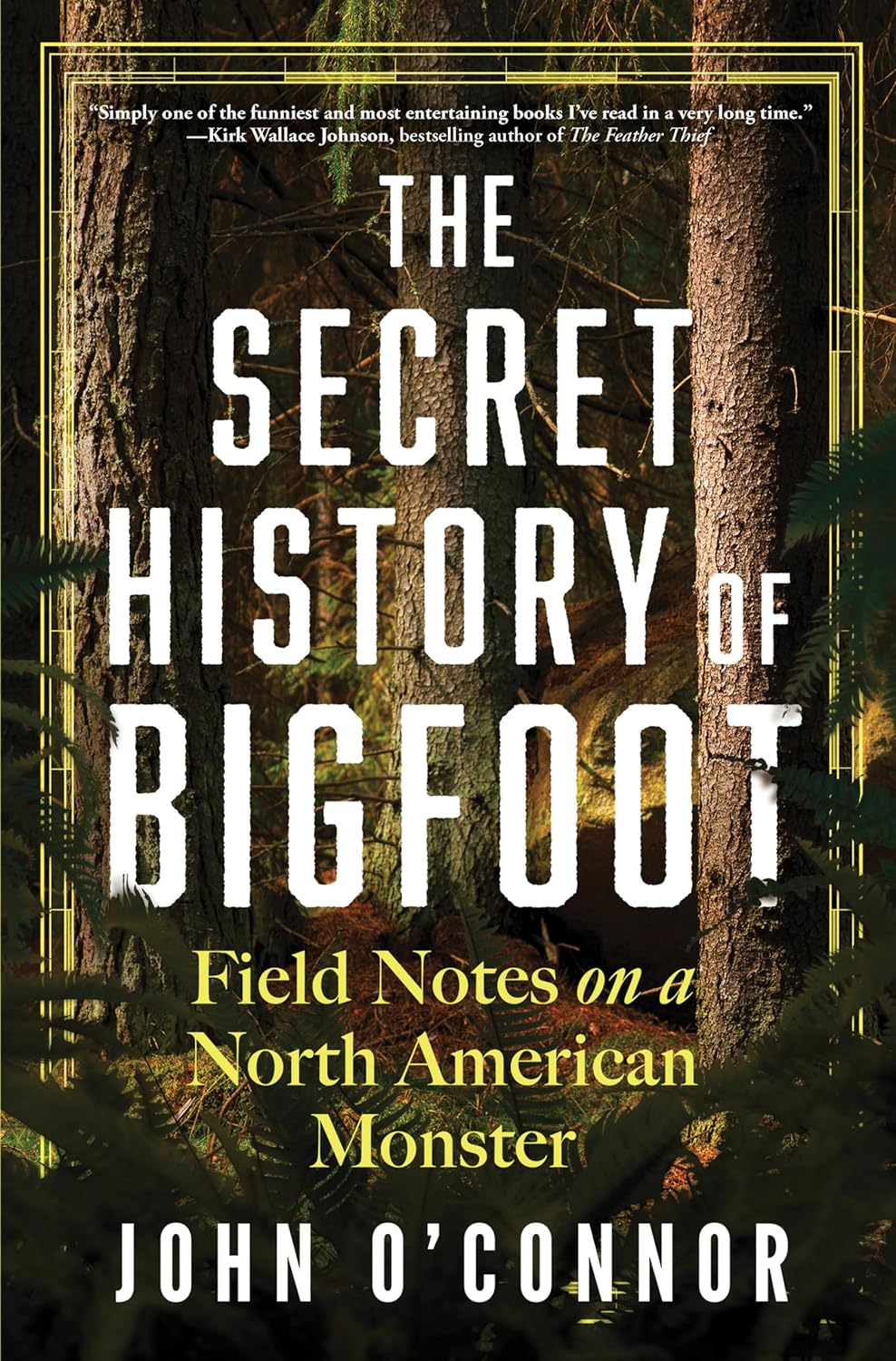Stan’s guest this week is Jerry Grillo, author of Big Cat: The Life of Baseball Hall of Famer Johnny Mize. Mize was born in Demorest, Georgia, and played 15 seasons in Major League Baseball and won 5 World Series.


Stan’s guest this week is Jerry Grillo, author of Big Cat: The Life of Baseball Hall of Famer Johnny Mize. Mize was born in Demorest, Georgia, and played 15 seasons in Major League Baseball and won 5 World Series.

This week Stan discusses a new book on an old legend—Bigfoot—and the hope that springs eternal with the return of the Beloved Braves and Major League Baseball.

In this episode Stan brings out the crying towel and reviews the quick end to a glorious Braves season, offers his take on how to “fix” the playoffs, and looks ahead to next season.
In this podcast Stan discusses the newly available Ed Jackson Collection at GHS, Freddie Mercury’s handwritten lyrics to “Bohemian Rhapsody,” Ed Ames’ tomahawk throw, and college students giving up their cellphones to take a vow of silence.
Do unexpected calls on your smart phone send you into panic mode? Should people text before calling? Do you hate text messages too? Is AI the end of the world as we know it? Stan discusses these pressing issues and more, including this year’s Pulitzer Prize winners, the travails of our beloved Braves, and the goings-on in the Fraternal Order of Tall People in Shorts.